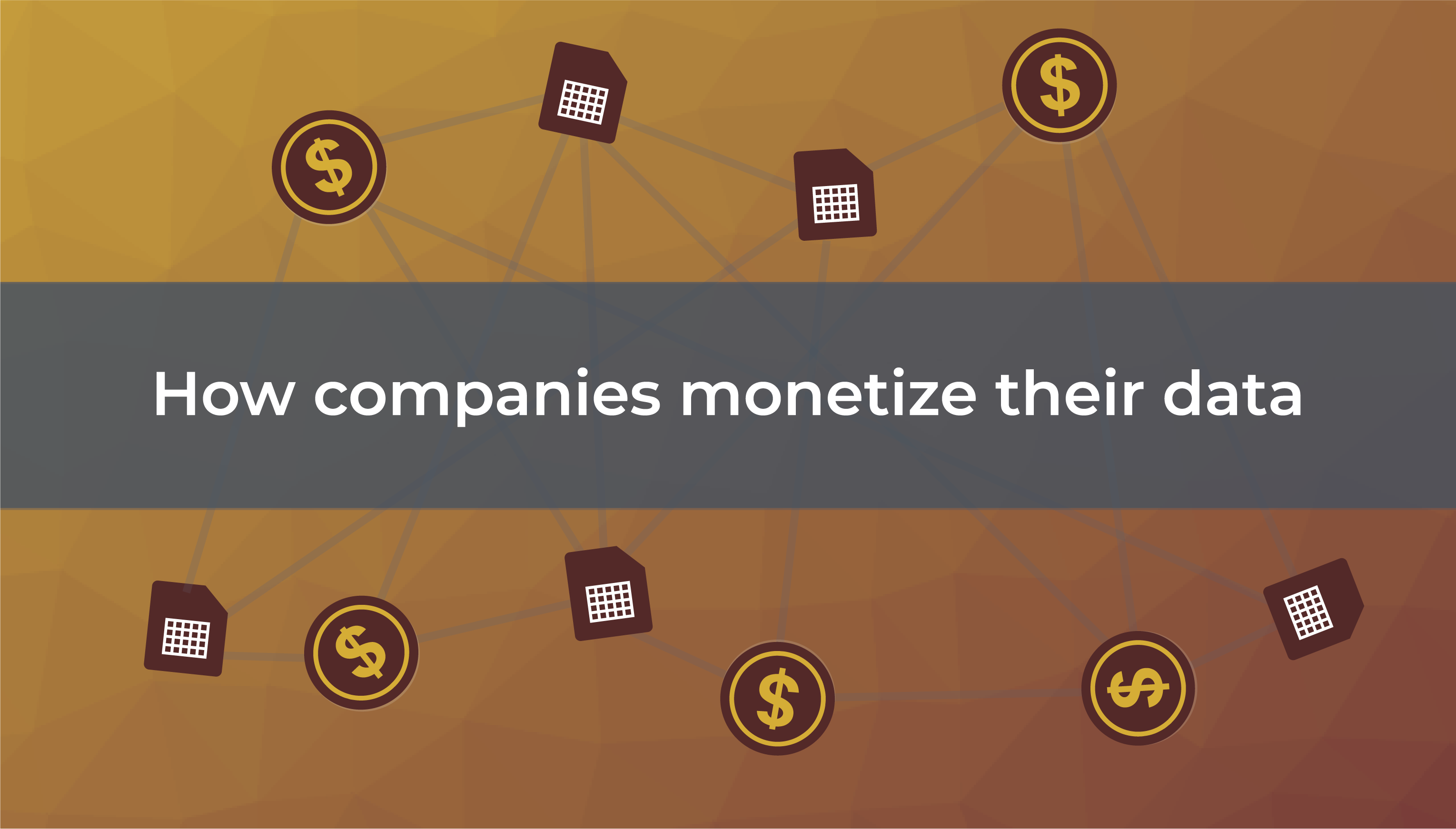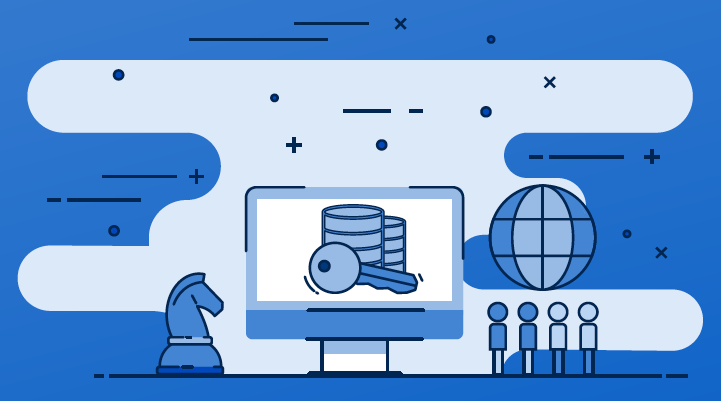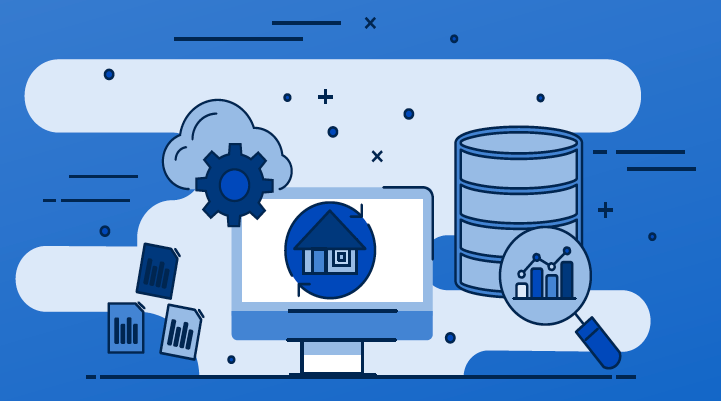Data is a central resource in the 21st century. Only those who manage to extract value from their data will remain competitive. For this reason, many organizations are looking at innovative ways of using their data to create value.
Data monetization refers to the process of identifying and marketing data or data-based products to generate monetary value. Data products (i.e., products based on raw, refined or analyzed data) are at the heart of data monetization.
They can take many forms, including consumable data sets, analysis results and operational applications that contain analysis results. These can come as reports, extensions of existing products, digital platforms or can be incorporated into new business models. When discussing the use of data products, a distinction should be made between internal and external data monetization.
Internal data monetization aims to improve internal processes such as marketing and customer experience or the maintenance of equipment. External data monetization involves using data to extend an organization’s product offering with data-driven services or business models to create new revenue streams.
Data monetization is at an early stage of adoption but is expanding
17 percent of companies have established data monetization initiatives, a further 12 percent are currently building prototypes and another 10 percent are still developing a concept. Large companies from retail, services, finance and banking are leading the way and, in general, data monetization is currently being implemented by larger companies.
25 percent of large companies and 23 percent of larger medium-sized companies responding to our survey have already launched data monetization products. In contrast, only 9 percent of small and 13 percent of small to medium-sized companies have already done so.
Providing results for process improvement is the main way to monetize data
Providing analysis results is the most common form of monetizing data. 40 percent of participants employ this type of data monetization, whereby data analytics is involved. The provision of data via reporting and benchmarking is almost as important with 37 percent of respondents citing this type of data monetization.
Less common methods include establishing digital platforms (22 percent), extending existing products (17 percent), providing new services (16 percent) and building new business models based on data (6 percent).
Using commercial technologies
Given that the most common way to monetize data is the provision of data via benchmarking and reporting, it comes as no surprise that the most common technologies used are BI software (86 percent) and data integration tools (70 percent). There is also a high proportion of custom developments for data monetization (54 percent). Commercial analytics software tools are used a little more (48 percent) than open source tools (40 percent) but the difference is quite small.
In terms of back-end technologies, commercial software is the most commonly used – analytical databases (53 percent) are used more than twice as frequently as Hadoop technologies (25 percent). Embedded BI solutions are used in surprisingly few cases (38 percent).
Benefits are tangible
Data products can bring a broad range of benefits, from new revenue sources to a better understanding of customers and product improvements. New revenue sources are the most important benefit of data products, reported by 69 percent of respondents. For 66 percent, the provision of new services is a benefit, and improved customer loyalty is cited by 63 percent of participants.
Internal provision of the results of data analysis is a motivation for data monetization for more than half of our respondents (59 percent), as is the internal provision of data and benchmarks (53 percent).
Better insight into customers and improved customer experience – for example by personalization – is achieved by about 50 percent of participating companies. Generating
new data is only viewed as a benefit by 38 percent, and binding partners and suppliers by 31 percent.
Challenges – Data quality is key
Not surprisingly data quality is by far the most common obstacle to monetizing data, reported by 56 percent of respondents. Data security is a concern for 37 percent. This arises when data is shared and proper anonymization needs to be taken care of. Integrating data products into existing systems is a problem for 37 percent.
Besides these data and technology-related concerns, respondents also reported challenges such as lack of management support (34 percent), lack of use cases (32 percent) and lack of professional know-how to implement data monetization initiatives (31 percent). Cost and a shortage of data were cited by 25 percent and 19 percent respectively.
Infographic video of the key findings
Static infographic of the key findings

Data monetization Report
How companies are approaching data monetization.
Request the free report now





